March is National Nutrition Month which is a timely a reminder of the importance of good nutrition. Busy lives, not to mention the soaring cost of living, can get in the way of our nutrition choices.
Clinical Nutritionist Suzie Sawyer shares three ways of ensuring your nutrition is tip top even when life is frenetic, and budgets are tight.
Get more bang for your buck
While food is pleasurable and brings us together, it also provides the essential nutrients and energy we need to survive and thrive. Indeed, each meal is an opportunity to nourish the body. Every vitamin and mineral have hundreds of different functions to fulfil, without which our biochemical pathways wouldn’t work as they should. Therefore, it’s important to get as much out of each meal nutritionally as possible.
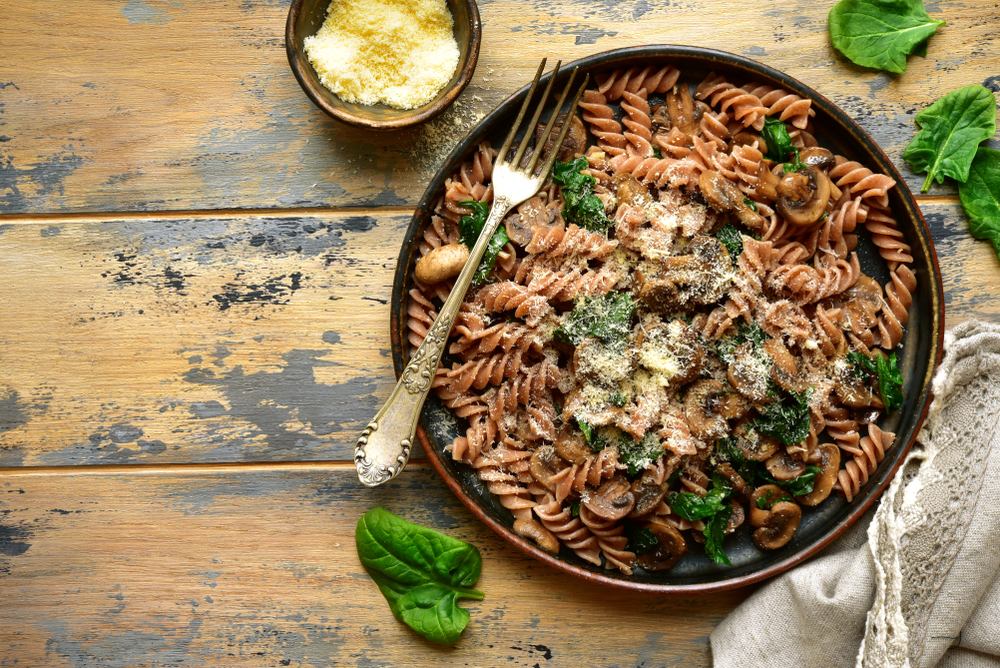
Pasta-based meals are cost effective, energising and generally popular with families. However, white pasta, and all ‘white’ grains have been refined and, in the process, lose many of their nutrients: these include energising B-vitamins, and other minerals such as magnesium. These nutrients all fulfil many key jobs within the body.
If you are not keen on brown pasta, start by mixing up brown and white. Try the same with rice and bread. And try to introduce other nutritionally loaded grains such as buckwheat or quinoa.
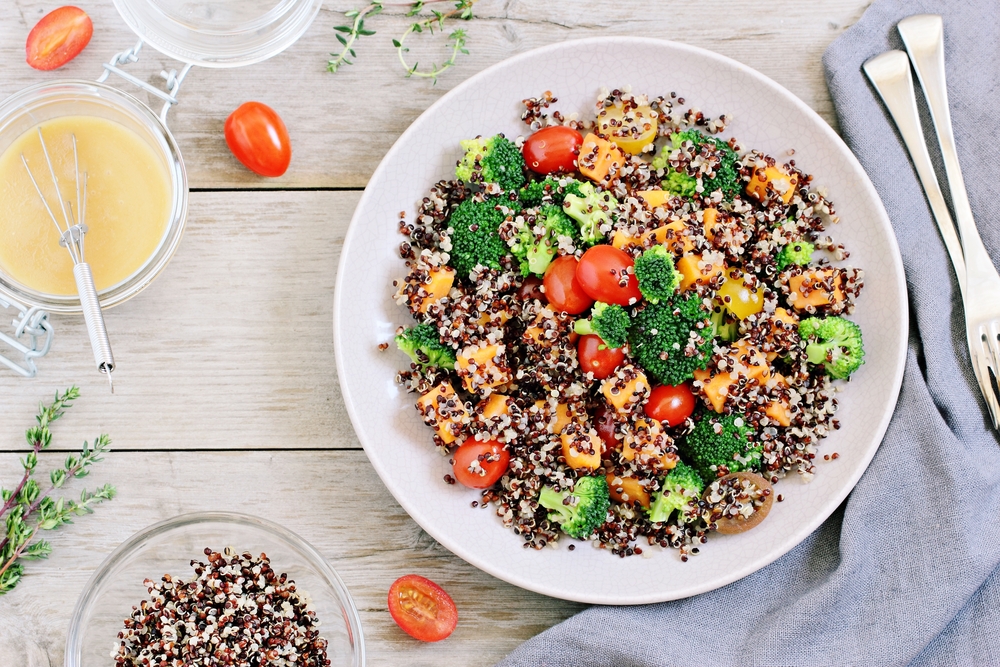
How about buckwheat pancakes for breakfast and quinoa salad for lunch? Both grains contain high levels of protein, B-vitamins, zinc, iron and magnesium, which are all often deficient in the UK wider population. As an example of how vitamins and minerals work together, zinc, magnesium, and vitamin B6 work as a triad when it comes to hormone balance, which can be especially helpful in cases of PMS. As Hippocrates famously said, ‘Let food be thy medicine’.
Seek out wonky fruit and veg
When budgets are tight, some of us start to reduce or stop buying fruits and vegetables. Unfortunately, this also means missing out on some of their wonderful nutrients; fruits and vegetables are some of the most nutrient-dense foods on the planet.
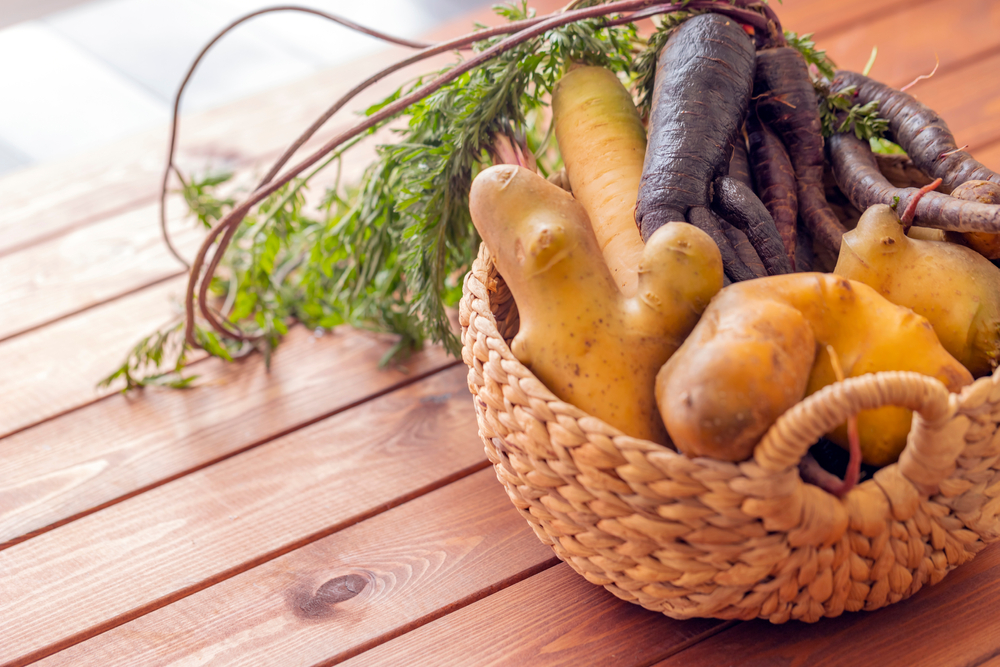
Many supermarkets are now offering less than perfect looking fruits and vegetables at cheaper prices. Alternatively, those that are left on the shelf are often sold off cheaper towards the end of the day. It could be worth timing your shop in order to grab the best bargains.
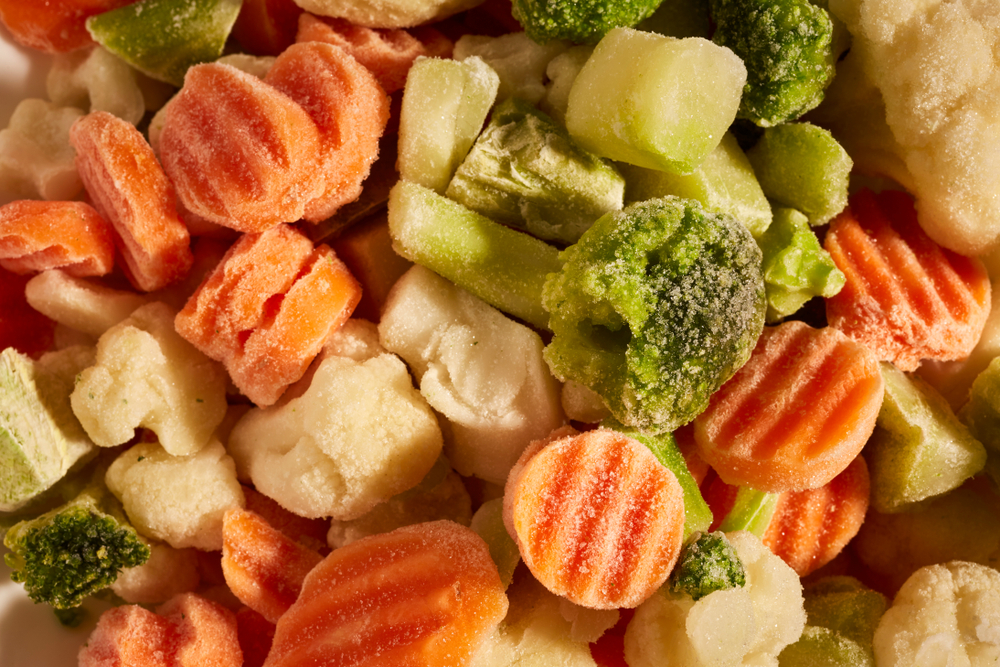
When it comes to fruits and veg, don’t dismiss frozen; they retain most of their nutritional goodness because they are often frozen quickly after harvest and are sometimes cheaper too. Frozen fruits and veggies are easy to add to dishes. If family members are ‘green adverse’ try including broccoli, kale, cauliflower and peas in soups, stews or pasta dishes, which uprates the nutritional status of each meal.
Use cheaper forms of protein
Protein is an essential macronutrient. It’s needed for growth, repair, hormone production, the immune system and for the whole musculoskeletal system, to name but a few. However, animal forms of protein from fish, meat and poultry are often expensive so why not try plant-based forms of protein such as beans, lentils, chickpeas and soy produce including tofu and tempeh.
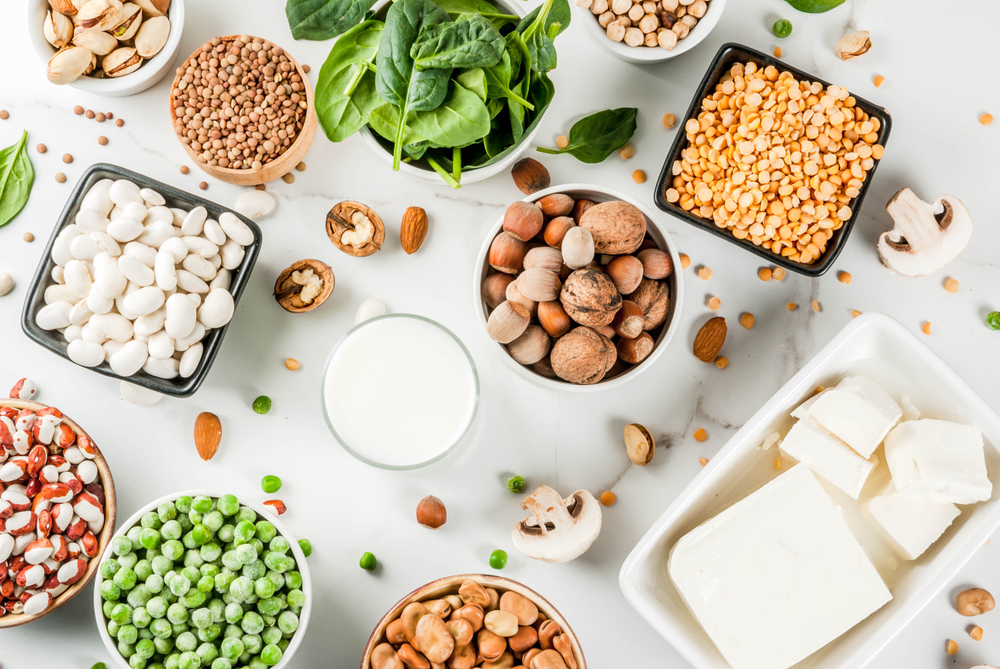
As well as being high in protein these foods contain energising B-vitamins, essential minerals and antioxidants which help protect the body from free radical damage. For example, a chickpea curry can be cooked ahead of time and can feed a family very cheaply for a couple of days. Why not try this delicious recipe from the BBC Good Food website?
So, focus on your nutrition in a cost-effecive way this month and enjoy the health benefits!

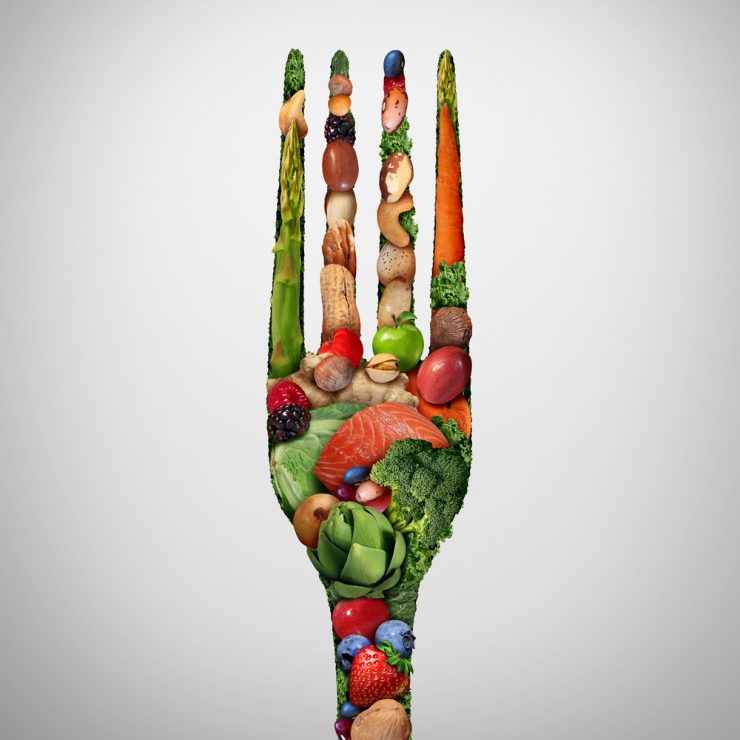






















Add comment